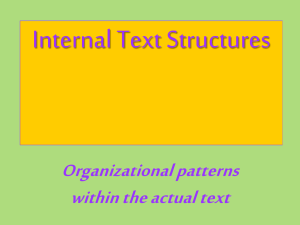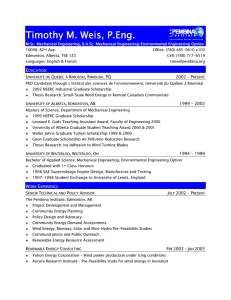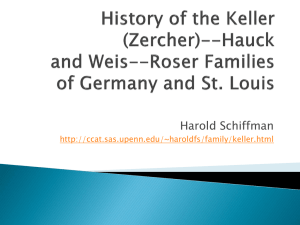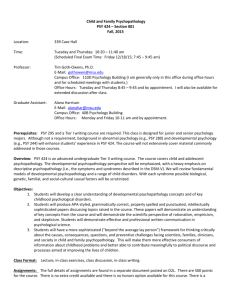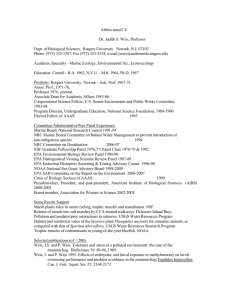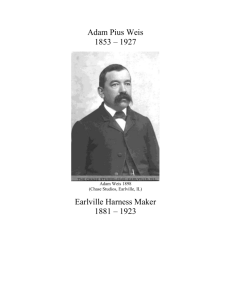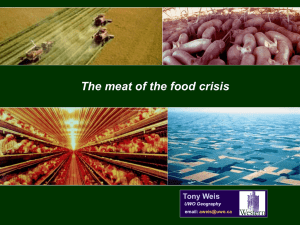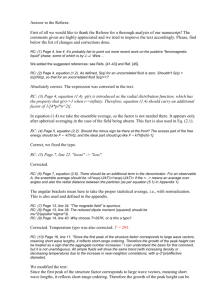Click here for a transcript of the interview.
advertisement
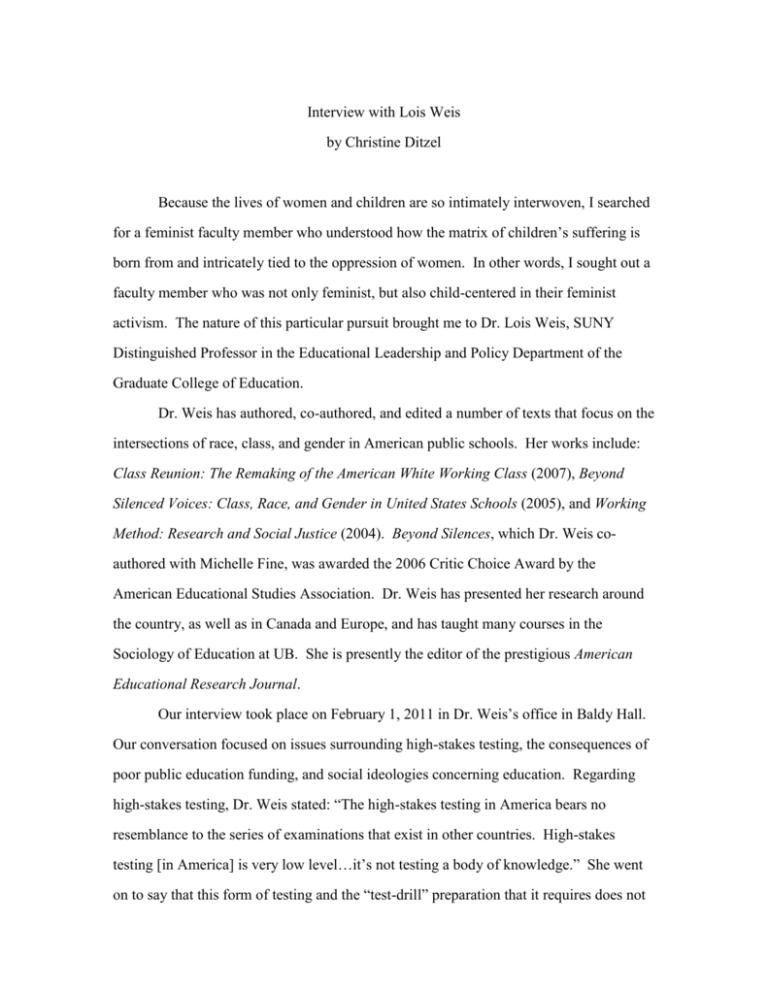
Interview with Lois Weis by Christine Ditzel Because the lives of women and children are so intimately interwoven, I searched for a feminist faculty member who understood how the matrix of children’s suffering is born from and intricately tied to the oppression of women. In other words, I sought out a faculty member who was not only feminist, but also child-centered in their feminist activism. The nature of this particular pursuit brought me to Dr. Lois Weis, SUNY Distinguished Professor in the Educational Leadership and Policy Department of the Graduate College of Education. Dr. Weis has authored, co-authored, and edited a number of texts that focus on the intersections of race, class, and gender in American public schools. Her works include: Class Reunion: The Remaking of the American White Working Class (2007), Beyond Silenced Voices: Class, Race, and Gender in United States Schools (2005), and Working Method: Research and Social Justice (2004). Beyond Silences, which Dr. Weis coauthored with Michelle Fine, was awarded the 2006 Critic Choice Award by the American Educational Studies Association. Dr. Weis has presented her research around the country, as well as in Canada and Europe, and has taught many courses in the Sociology of Education at UB. She is presently the editor of the prestigious American Educational Research Journal. Our interview took place on February 1, 2011 in Dr. Weis’s office in Baldy Hall. Our conversation focused on issues surrounding high-stakes testing, the consequences of poor public education funding, and social ideologies concerning education. Regarding high-stakes testing, Dr. Weis stated: “The high-stakes testing in America bears no resemblance to the series of examinations that exist in other countries. High-stakes testing [in America] is very low level…it’s not testing a body of knowledge.” She went on to say that this form of testing and the “test-drill” preparation that it requires does not work to properly educate students in areas as foundational as literacy: “We’re not even able to get our population of people to be able to read.” She observed that high-stakes testing not only fails to transmit basic levels of literacy and mathematics to students, it embraces a very narrow conceptualization of what knowledge and education are. Dr. Weis presented these issues in a series of questions: “What is the knowledge and the nature of the knowledge? Who is being educated? How are kids prepared for middle, high school, and beyond? What constitutes education?” Dr. Weis pointed out that a foundational aspect surrounding which public schools are able to transcend the minimal expectations permitted and required by highstakes testing and the form of education it allows, is directly related to the amount of money school districts are able to allocate to their schools. A result of this is that poorer districts often do not have enough teachers, and as Dr. Weis highlighted, do not have the funding to specifically provide the teachers needed to teach such courses as calculus and other AP classes. She stated: “You go into the city. There are people who are good in mathematics, but if you can’t do calculus because it isn’t offered at your school, then clearly that’s an issue. There’s a lot of universities that won’t even look at you for entrance. That’s a purely monetary issue… If some of those mathematics and science courses position entrance at certain colleges and universities…you’re not a candidate.” In this way, the spectrum of educational opportunities and the possibilities surrounding what “constitutes education” for students is largely determined by the funding made available to their schools. When I asked Dr. Weis about the consequences of schools being underfunded, she explained that the ways in which money is distributed in society is deeply connected to the general ideologies that the society embraces in regards to citizens’ responsibilities, rights, and capabilities: More and more money for making one’s life better is expected to come from the individual person. Look what’s happening in the university. States are taking massive amounts of money, every state, from colleges and universities, and the people expected to bear the costs of that are the taxpayers and consumers…So, this represents a much broader ideology around what education is for. Is education for the individual…in which case the individuals who purchase it? Or, is education a societal good and/or right? In acknowledging that many inner city schools and other poorly funded schools fail to adequately teach students basic reading, writing, and mathematics skills, I asked Dr. Weis if school could become detrimental to students. She replied: “Schooling is detrimental when people start really believing that they can’t do it. And we have a whole bunch of people who don’t think they’re smart. And then the form of schooling works against them.” This comment, to me, indicated that in determining students’ academic success, students’ confidence in their own abilities runs parallel to the availability of resources allocated to schools and teachers. A lack of resources creates a school environment where teachers are unable to provide students with a rich educational experience that encompasses an integrated and broad spectrum of knowledge, and this, in effect, hinders students from discovering their talents and intellectual promise. However, Dr. Weis continuously reminded me that it is “not correct to say that the educational system is totally unresponsive to these issues, because that’s not true.” She warned me against failing to acknowledge the teachers, administrators, economists, academics, and others who have fought to address and find solutions to these problems. They, as she worded it, “battle back.” She asserted: “You have to fight. You have to do it. You have to also be very realistic and not give up. The people I know who have been in this for a long time, they’re certain people. They can take the hits and move forward. Discouraged…sure. But still move forward.” When I asked Dr. Weis how she personally copes with discouragement, she recalled the mothers in the inner cities who get up every morning, get their children off to school, and survive against incredible odds. She exclaimed that if they can do it, then she, certainly, can keep fighting as well. In conclusion, I must mention that I showed up for the interview carrying my twomonth old baby who was sleeping in his newborn car seat. I wasn’t sure what to expect in terms of Dr. Weis’ reaction, but the reality was that I had no childcare and therefore had to bring him along. Without a look of annoyance or confusion, an indication of discomfort, or a hint of displeasure at the presence of my baby—sleeping in his car seat, set at my feet, on her office floor—we both acted as if bringing a baby to an interview, to a meeting between a professor and graduate student, was completely normal and entirely in accordance with standard university interaction and practice. Walking out of Dr. Weis’ office I observed, “The lives of women and children are intimately connected.” She replied, “Yes, they are.” As I walked to the elevator I couldn’t help but smile, holding the infant car seat and looking down at my sleeping child. Yes, I thought, Indeed, they are connected. And we, as women, are connected as well. A space and time had been given to me by Dr. Weis in the midst of her incredibly busy schedule to share with me the knowledge she has gained throughout her years of intensive study—knowledge that is grounded in her concern about the education of children in this country. The acceptance, accommodation, and kindness that Dr. Weis offered to myself and my child on that day spoke of her feminist alliance in a way that surpassed any involvement in feminist-related concerns that one could engage in academically or publicly profess. She practiced her support of women and children in that very hour. And that, to me, is tantamount to what feminism truly is.
